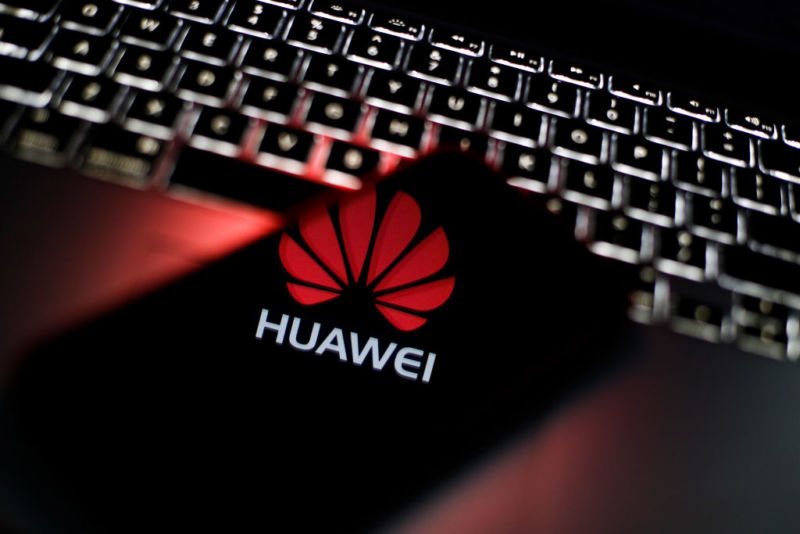
Huawei is asking a federal judge in Texas to strike down federal legislation passed last year that banned Huawei—by name—from selling telecommunications equipment to the federal government. Huawei argues that the legislation violates the Constitution's rule against bills of attainder, laws that single out particular people for punishment.
Congress passed the most recent National Defense Authorization Act last August; Huawei launched its legal challenge against the law in March. The company filed a motion for summary judgment in the case on Tuesday. This is a motion that asks the judge to rule on the legal merits in the case prior to the discovery phase, when the two parties get to demand documents from one another to help them build their cases. Huawei hopes to avoid discovery because it could drag on for many months while Huawei is frozen out of competing for federal telecommunications business.
The ban passed last year empowers the Secretary of Defense to ban companies from supplying equipment to the federal government—or contractors using federal funds—if he determines they have ties to the Chinese government. Companies put on this list have an opportunity to appeal the decision to the courts.
But the law singles two companies out by name for special treatment—Huawei and ZTE. These two companies are subject to a perpetual ban on competing for federal business with no provision for judicial review. And that, Huawei argues, violates the US Constitution.
Huawei's legal brief points to a number of past examples when the courts have struck down legislation that singled out particular individuals or groups. For example, in 1946 the Supreme Court struck down wartime legislation zeroing out the salaries of three specific, named government employees with communist sympathies. While Congress has the power to decide how to spend taxpayer money, the high court ruled, that couldn't justify legislation that was clearly designed to punish the men for their past associations or conduct.
Huawei argues that exactly the same reasoning applies in its own case. During last year's debate over the NDAA, sponsors of the legislation made it clear that their goal was to punish Huawei for allegedly stealing American technology and conspiring with the Chinese government.
Huawei and ZTE "have proven themselves to be untrustworthy, and at this point I think the only fitting punishment would be to give them the death penalty-that is, to put them out of business in the United States," said Sen. Tom Cotton (R-Ark.) last June.
But Huawei argues that the Constitution doesn't allow Congress to unilaterally single out individuals or companies for punishment. To exclude Huawei or ZTE from federal contracts, Congress must pass a law providing general criteria for excluding companies from competing for federal business—and then let the executive and judicial branches sort out which companies meet the criteria. Indeed, that's how the law treats every company other than ZTE and Huawei, and Huawei argues that it is entitled to the same due process.
The 2018 legislation challenged by this Huawei lawsuit is separate from a recent decision by the Trump administration to ban US companies from supplying Huawei with American-made technology. The Trump administration's move may pose a more serious threat to Huawei because Huawei depends on a number of US-made technologies, especially software.
https://arstechnica.com/tech-policy/2019/05/huawei-argues-congressional-ban-on-its-equipment-is-unconstitutional/
2019-05-29 16:36:00Z
52780305324146
Bagikan Berita Ini















0 Response to "Huawei argues congressional ban on its equipment is unconstitutional - Ars Technica"
Post a Comment